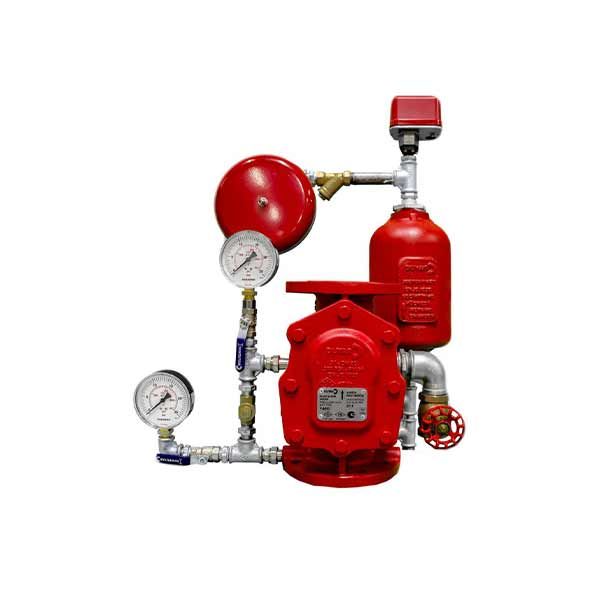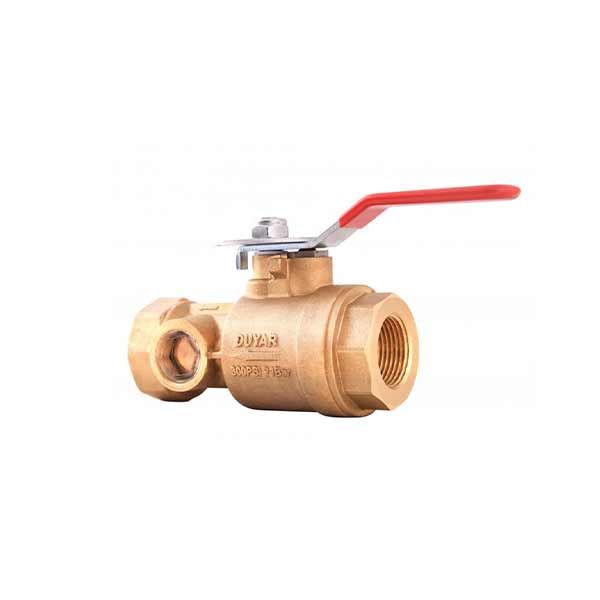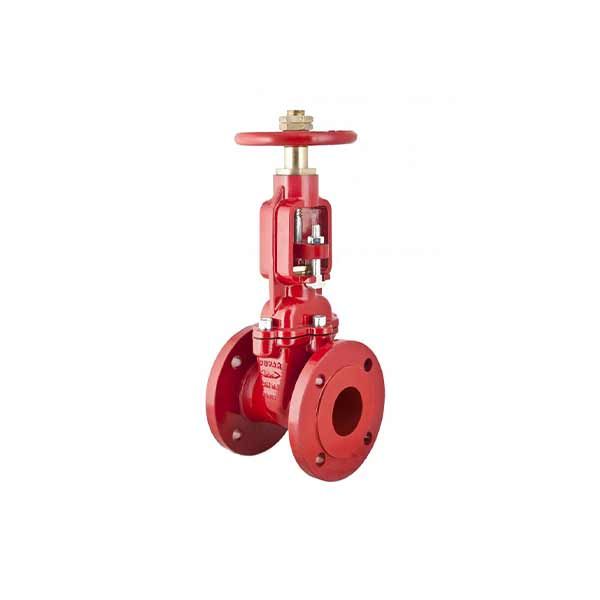Fire Valves
Technical information
Fire valves are plumbing fixtures used to control or limit the flow of water in a fire suppression system.
Fire valves are designed to close automatically or manually in case of fire, preventing water from flowing to areas where it is not needed and saving water for fire extinguishing. They are an essential component of a fire protection system and help ensure that fire suppression systems work as intended during a fire emergency.
In addition to controlling water flow, fire valves are used to isolate parts of a building's plumbing system in the event of a fire.
It helps prevent water damage in unaffected areas of the building and also saves water for fire fighting. There are several types of fire valves, including automatic fire valves that are triggered by a fire alarm or sprinkler system, and manual fire valves that are manually operated.
Some fire valves are also equipped with electrical or hydraulic features that allow remote control and monitoring. Proper installation, maintenance and testing of fire valves is essential to ensure their reliability and effectiveness in the event of a fire.
How Does a Fire Valve Work?
Fire valves work by controlling the flow of water in a fire suppression system. They are installed in the water supply line that feeds the fire suppression system, such as the sprinkler system or the standpipe system.
When a fire is detected, the fire alarm system triggers the fire valves, shutting off water to the rest of the building, allowing water to flow only to the affected area. Fire valves can be triggered automatically by a fire alarm or sprinkler system or manually activated by a firefighter.
Some fire valves use a heat sensitive element to detect the fire and actuate the valve. In others, a hydraulic or pneumatic actuator is used to control the valve, and the fire alarm system activates the actuator to close the valve.
The type and method of operation of the fire valve depend on the specific fire extinguishing system and the building's fire protection requirements. Proper installation, maintenance and testing of fire valves are essential to ensure their reliability and effectiveness in fire emergencies.
Fire Valves Prices
Fire valve prices can vary greatly depending on factors such as the type, size and manufacturer of the valve.
The price of a fire valve also depends on the type of building and fire protection requirements, as well as building laws and regulations. In some cases, the cost of fire valves may be included in the total cost of a fire suppression system, while in other cases it may be a separate expense.
Fire valves are an essential component of a fire safety system.
It is vital that it is selected by a professional fire company to ensure that it works automatically in the event of an emergency fire. The cost of a fire valve should be evaluated in terms of its total value in protecting the building, its occupants and its contents.




